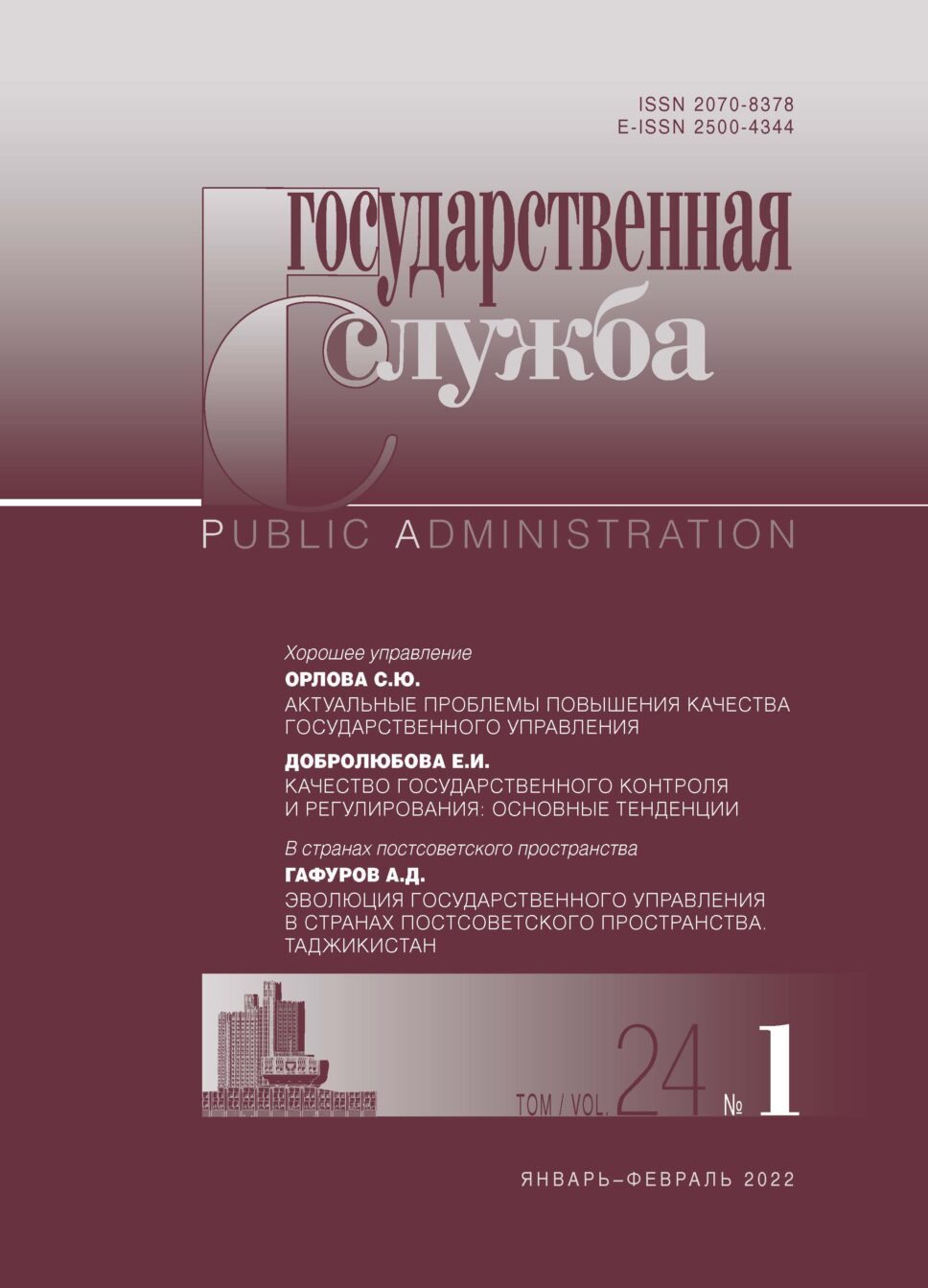Recommended link to article:
PAVEL V. SURKOVа
аRussian Presidential Academy of National Economy and Public Administration
DOI: 10.22394/2070-8378-2022-24-1-14-18
Abstract:
The article, for the first time, considers the problems of definition and established practices of virtual theater in an academic discussion. The author describes the main practices of using digital technology in theater, outlines the boundaries of understanding the role of digital art, the connection of technology and traditional principles and values of artistry, as well as directing skills. The discussion of digital theater at the Gaidar Forum in January 2022 served as a key reason to prepare this article. The discussion focused on the modern theater as an institution that inherits deep artistic traditions and, at the same time, is on the current agenda and uses current means of artistic expression, and, moreover, exists in the digital world, the intensity and rapid development of which poses many questions to society. It seems natural to the participants in the discussion that the theater’s response to new realities, however, the very understanding of these realities and, accordingly, reactions to them, is interpreted by The article analyzes the main points of the discussion and gives examples that confirm the development of digital theater as a separate branch of the creative economy, assessing the prospects for Russian projects in this area. The author notes the essential difference between digital theater and digitized theater and stresses that an understanding of these differences has not yet emerged and requires further research. In addition, the article defines the fundamental features and characteristics of digital theater.
Keywords:
theatre, creative economy, production, art science, new art, technological development, creative communities
Received:
February 15, 2022
References:
Andreev M. Farce, comedy, tragicomedy. Moscow: RANKhiGS, 2017. In Russian
Bartoshevich A. For whom was Hamlet written? Moscow: RATI GITIS, 2019. In Russian
Grinina E.N. The role of new interactive practices in forming the aesthetics of modern theater and museum space. Mezhdunarodnyy nauchno-issledovatel’skiy zhurnal. 2020. No. 5. P. 197–201. In Russian
Prokofieva D.A., Shamardina N.V. The influence of creative economy on modern management of creative industries. Vestnik universiteta. 2020. No. 7. P. 120–127. In Russian
Vilisov V. How the theater became modern, but we did not notice it. Moscow: AST, 2019. In Russian
Vorotyntsev P. On stage: the history of theatre. Moscow: Peshkom v istoriyu, 2020. In Russian
Articles in Open Access mode are published under the Creative Commons Attribution 4.0 International (CC BY) license.

